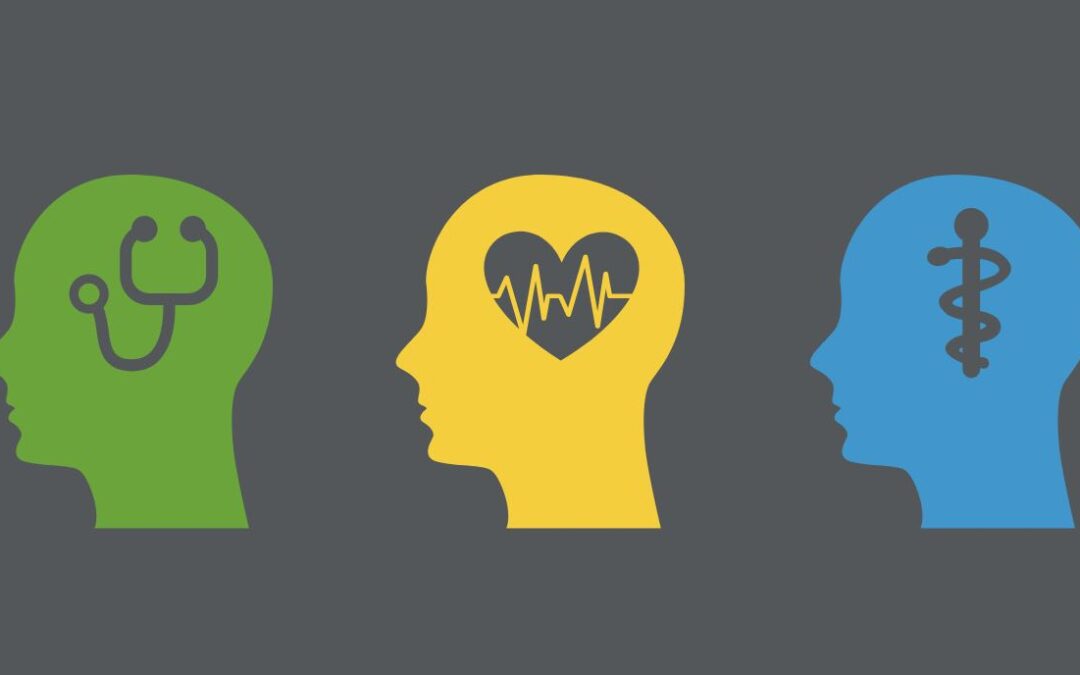The Joseph Maley Foundation’s HOPE Program continues to evolve to better help students, teachers, and our program partners begin the journey of mental health education in their community. In order to understand the program’s evolution and why certain changes were made, we sat down with JMF staff member Allison Boyll to talk with her about the past year, and where HOPE is now.
Allison has worn many hats at the Joseph Maley Foundation. As the first employee of the Foundation, she had worked under almost every one of JMF’s programs and initiatives by the summer of 2018, with the exception of HOPE. When Dr. Jen Money-Brady stepped into the consulting role for HOPE, Allison was asked to wear another hat: “I knew HOPE was a really robust and well thought-out program, and I knew I had big shoes to fill,” she said about her expectations when stepping into the role of HOPE Manager. “Jen spent hours and hours working with Jane [Seib, JMF Curriculum Manager] on this program to bring it to where it is now. It’s such a fun program to work under.”
When asked about her initial goals for HOPE, Allison spoke on how she and other staff took guidance on scalability from JMF’s disABILITY Awareness Program, “disABILITY Awareness has been evaluated over twenty plus years, and we’re at a point with it now where we’re able to be in over 30 schools in central Indiana. We have a model that’s working, so we thought we should try to replicate it as closely as we can with HOPE.” Allison and Jane worked extensively over the past year to develop and write curriculum, plan activities, and research the right books for each grade level, and each pillar of HOPE. “The HOPE Program is a bit different in that we wanted teachers to feel empowered to implement the programming. They’re the ones who have the relationships and the connections with their students. We wanted to make sure that the programs we were designing could be implemented either by JMF staff or by themselves.”
Two initiatives are nested under the HOPE Program: Service Day and We Step Up. Both tie into the main goals of HOPE in different, yet exciting ways. Service Day speaks primarily to the “outreach” portion of HOPE’s acronym (Health through Outreach, Personal Perspectives, and Engagement). Classrooms are paired with local Indianapolis nonprofits, where students spend a day practicing servant leadership. They learn about some of the issues facing our community, and then participate in a service activity. This program is designed for students from pre-k through twelfth graders. However, Service Day is not limited to just these age groups, rather it is open to anyone with a desire to serve their community.
We Step Up is a leadership workshop designed to create a generation of individuals committed to standing up for the respect of our differences by fostering an environment of acceptance. This component of HOPE is for seventh and eighth grade students. “JMF feels that the We Step Up initiative is a super important piece of student’s overall health. Seventh and eighth grade is a transformative time in a child’s life, so we wanted to make sure that we were empowering our students to be upstanders, and empowering them to be great leaders in their school. We think the best way to do that is through concrete examples of what a leader does, and how to be a leader.” Allison said. We Step Up teaches students how to advocate for their friends and classmates by teaching them how to be a leader, especially in the time of social media, and the ability for individuals to hide behind a screen when insulting or belittling another. We Step Up, like all Joseph Maley Foundation programs or initiatives, aims to teach kindness, respect, and empathy for all
There are many upsetting statistics regarding mental health in our country and our state, but HOPE is named such for a reason, because we believe there is a desire and path to positive change. Allison has seen these images of hope as her time as a manager for the program, and believes strongly that this program is important for the youth of central Indiana: “We can’t just assume that individuals know how to talk about mental health. We can’t just assume that adults were taught about mental health when they were younger. We can’t assume that it’s comfortable knowledge for them. If we talk about mental health when an individual is younger, maybe before or when they’re just starting to have issues with their mental health, they’re going to know when it’s time to get the help they need. They’re going to feel empowered. I think when you look at statistics, and you see upsetting numbers, you have a choice. You have a choice to look at it and think how terrible it is, or you have a choice to say, ‘It’s time for change.’”
The Joseph Maley Foundation believes that it is time for change.
You can help jump start that change with a donation to the HOPE Program today.
